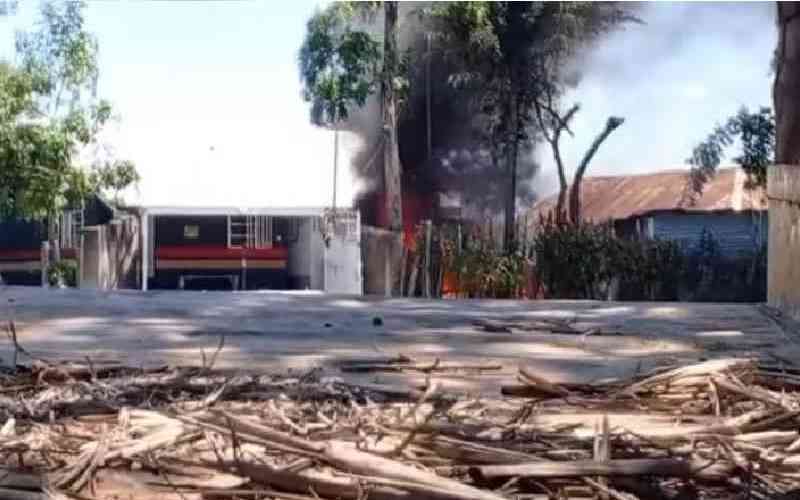
As we usher in the new year with hope and renewed aspirations, two incidents have captured my attention, revealing a grave underlying national challenge. First, in Chemase, three days ago, a mob stormed a police post, killed a murder suspect, and set the station on fire. This heinous act of mob injustice reflects a disturbing reality-that of a growing mistrust in the institutions meant to uphold the rule of law.
Second, officers from the Ethics and Anti-Corruption Commission recently arrested nine traffic police officers for allegedly receiving bribes, endangering motorists' lives, and effectively turning their duty posts into toll stations. These two occurrences, happening within days of each other, paint a grim picture of a society teetering on the brink of institutional and moral crisis. When citizens lose confidence in their institutions, the consequences are catastrophic. This mistrust erodes the social contract, undermines justice, and breeds lawlessness, putting Kenya's socio-economic progress at grave risk.